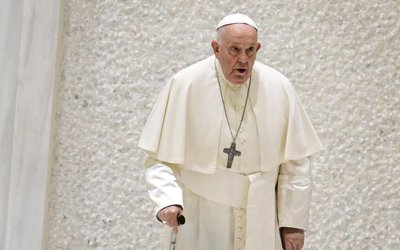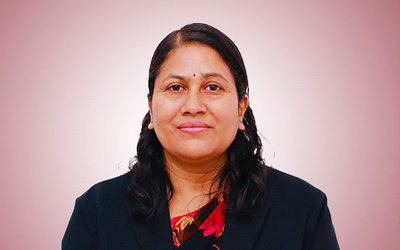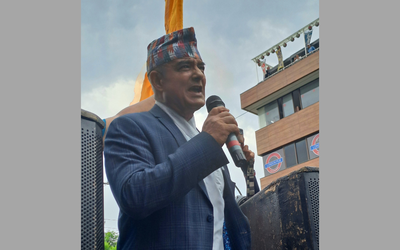More on National




Two groups in the far-western region have been demanding their states. It is reported that over 60 percent people living in Kailali and Kanchanpur districts want their districts to be part of the undivided far west. Similarly, the minority Tharu community wants the two districts of far west to be Tharuhat.
Bahun, Chetri, Dashnami,Thakuri and Dalit communities called two days of general strike last week demanding state restructuring on the basis of geography. Mass meetings were organized throughout the country to protest against state restructuring based on ethnicity.
Tharu and other ethnic groups including Maithali, Bhojpura and Madheshi have also called general strikes in various parts of Nepal demanding states based on ethnicity and identity with their right to self determination.
Nepali Congress and CPN-UML have proposed the middle way, naming the states on the basis of ethnicity and geography. However, Maoist leaders Pushpa Kamal Dahal Prachanda and Mohan Baidhya, with their supporters in the party, have backed states based on ethnicity.
“Regressive forces are capturing the state, opposing federalism. We will have to retaliate against them. I am a lonely fighter for ethnic-based provinces,” said Prachanda, addressing the meeting of the Janajati Cacaus of the CA.
“Nepali Congress will never accept an ethnic-based federalism. This federalism will ruin Nepal’s unity and stability,” said NC president Sushil Koirala.
Although a Madheshi alliance of present coalition is pursuing the idea of division in Madhesh, other smaller alliances are pushing the single Madhesh agenda.
Federalism has emerged as a key dispute in writing the new constitution. Although political parties are close to finding consensus on the form of government, judiciary and election process, the dispute in the number of provinces is creating hurdles in the constitution writing. With the request from the leaders of three major political parties, the tenure of Dispute Settlement Committee of Constitutional Committee was extended for two days (till Wednesday evening). One of the major disputes among the parties is over the number of provinces and their boundaries.
With support from three major political parties-- Nepali Congress, CPN-UML and UCPN-Maoist, a group of local people have shut down the far-western region for the last two week. Similarly, a bomb blast last week in a peaceful rally at Janakpurdham killed six people. The rally was organized to demand the Mithila State and Janakpur as the capital of that province. After the bomb blast, the group has called an indefinite strike in Janakpur. Likewise, Tharu, Koche and Dhanuk-- the three ethnic groups in eastern region-- have also called a general strike in five districts of the eastern region. In Biratnagar, another group of people has demanded a separate province with Biratnagar as its capital. A meeting of indigenous communities is demanding a Tamu State. Along with majority groups, many minority groups have also been organizing general strikes.






